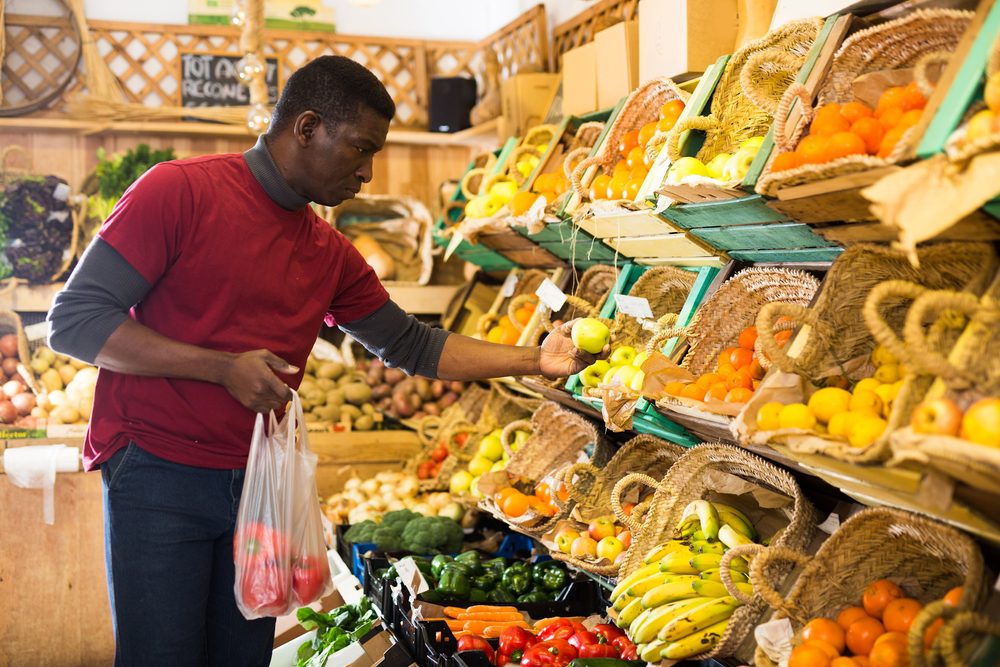In an era of rising living costs, consumers are perpetually seeking ways to navigate the daunting landscape of grocery shopping without compromising on quality or quantity. Discount grocery chains like Aldi and Save-A-Lot have emerged as saviors for many, offering relief from the surge in grocery prices. These stores have carved out a niche by delivering high-value options to budget-conscious shoppers, making them particularly relevant in today’s economy.
Efficient Business Models
At the heart of Aldi and Save-A-Lot’s success are their lean and efficient business models, designed to minimize operational costs. Both chains operate smaller-than-average stores with a limited selection of products, focusing on stocking high-demand items and reducing overheads. This streamlined approach extends to simplified store layouts and minimalistic shelving, which, while reducing aesthetic frills, significantly cut down on maintenance and staffing costs. These stores can offer lower prices without sacrificing profit margins by adopting these cost-saving measures.
Emphasis on Private Labels
One key strategy Aldi and Save-A-Lot employ is their heavy reliance on private-label brands. These brands, exclusive to their stores, are typically priced lower than their national brand counterparts due to lower marketing and distribution costs. Despite the lower prices, private-label products often match or exceed the quality of national brands, providing an excellent value proposition to the consumer. This focus on private labels allows shoppers to fill their carts with quality products at a fraction of the cost they would incur at traditional supermarkets.
Reducing Waste and Costs
Both Aldi and Save-A-Lot are adept at implementing practices that reduce waste, further enabling them to keep prices low. For example, customers are encouraged to bring their own shopping bags or purchase reusable ones at the store, cutting down on the cost and waste associated with providing free bags. Additionally, using a coin-operated cart system reduces the need for staff to collect and manage shopping carts, translating into further savings for the customer.
Community Impact and Accessibility
Discount grocery stores like Aldi and Save-A-Lot are crucial in enhancing food accessibility, particularly in urban and rural areas where traditional supermarkets are scarce or priced out of reach for the average consumer. By offering affordable food options, these stores help mitigate the impact of food deserts and ensure that nutritious food choices are within reach for more people. This has a positive effect on community health and supports local economies by providing jobs and keeping consumer spending within the community.
Responsiveness to Consumer Needs
Both Aldi and Save-A-Lot have shown a remarkable ability to adapt to their customers’ changing needs and preferences. Whether incorporating more organic and gluten-free options or responding to the demand for more fresh produce and meats, these stores have expanded their product ranges without veering away from their low-price promise. This responsiveness ensures they remain relevant and competitive in the ever-evolving grocery market.
As consumers grapple with high grocery prices, discount chains like Aldi and Save-A-Lot offer a way to stretch grocery budgets further without compromising on food quality or variety. Through their efficient business models, emphasis on private labels, and commitment to reducing costs and waste, these stores provide a viable solution for those looking to manage their food expenses more effectively. Their impact on community accessibility and responsiveness to consumer trends underscores their role as retailers and key players in addressing broader social and economic challenges. As the cost of living continues to rise, the value offered by Aldi and Save-A-Lot will undoubtedly continue to resonate with consumers looking for quality, affordability, and convenience in their grocery shopping experience.














